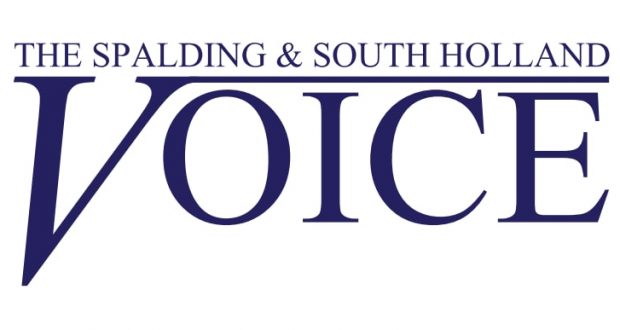The number of women in Lincolnshire still smoking when they have babies is way above the national average.
The county fares badly when it comes to smoking cessation and South Holland has the highest number of smokers in the county.
Figures from Lincolnshire’s Integrated Care Board (ICB)show almost 20 per cent of adults in the district smoke.
South Holland has 19.4 per cent while North Kesteven has 16 per cent, West Lindsey 14.8 per cent, Lincoln 14.7 per cent. East Lindsey 12.5 per cent, Boston 12 per cent and South Kesteven is the lowest at 6.6 per cent.
In England, a total of 13 per cent of adults were recorded as smokers in 2021.
“When we compare local authority figures, you’ll see there are some concerning percentages,” said the report which went before members of the ICB board.
“Smoking is a fundamental contributor to health inequalities, accounting for half the difference in life expectancy between richest and poorest. On average a smoker reduces their life expectancy by ten years,” the report added.
In Lincolnshire 14.1 per cent of those giving birth were smokers, well above the national average of 8.8 per cent.
A service targeting smoking during maternity has so far seen just one ‘smoke free’ birth from a 350-strong referrals list.
The Stop smoking Team – Act. Advise, Refer – STAAR, started in January with Boston and Skegness community hubs, but it now includes Spalding. The figure given to board members was described as ‘a truly momentous achievement and something to be very proud of,” the report says.
“We currently have around 350 referrals into STAAR and every one of the women is at a different stage of their pregnancy.
“Over the coming weeks and months we are expecting to see more and more women completing their smoke free journey,” said a spokesman.
The number of patients opting out of the initial referral was 171, while 12 women managed to quit for four weeks.
Just five managed 12 weeks and there was one who stayed off tobacco at least until her baby was born.
“Whilst the number of patient opt-outs is high, next steps are to look into the possibility of an incentive scheme for pregnant patients.
“Work is under way to actively learn lessons from other locations,” the report continues.
 The Voice of Spalding and South Holland
The Voice of Spalding and South Holland




